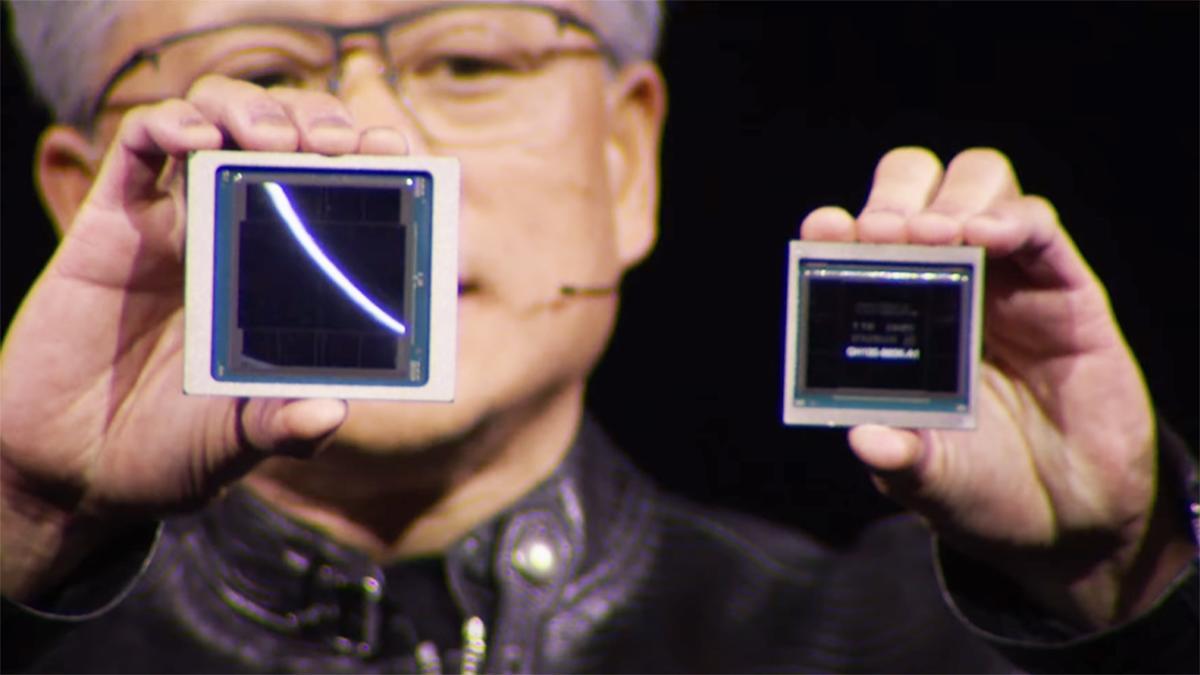Jacob Fox
2 min read
When you buy through links on our articles, Future and its syndication partners may earn a commission.
Nvidia's been banging the drum against the United State's China chip export restrictions for a while now, but while it had previously highlighted this in broad terms, the company now seems to be getting more direct with its claims. According to a machine translation of a report from Taiwan Economic Daily (via Wccftech), Nvidia's chief scientist and senior VP of research, Bill Dally, claims that Huawei is scooping up ex-Nvidia AI researchers as a result of the restrictions.
According to Dally, admittedly via a machine translation, the growth in the number of AI researchers working in China—apparently growing from a third of the world's researchers in 2019 to almost half of them today—has been forced by the US export restrictions. The idea is that without these restrictions, Huawei wouldn't be forced to lean so strongly into home-grown AI solutions, but now it must do so to keep up.
Nvidia is clearly keen on presenting this argument (probably in hopes that the US administration specifically will hear it) to show that there are arguable downsides of banning its exports to China for the US. It certainly appeals to the ears of those concerned about the US-China technological arms race.
As I said, though, the general argument isn't new—Nvidia has been touting it for a while. At Computex last month, Nvidia CEO Jensen Huang said: "AI researchers are still doing AI research in China" and "if they don’t have enough Nvidia, they will use their own [chips]." And regarding Huawei specifically, Huang said the company has become "quite formidable".
There is, of course, another reason other than US national interest that might make Nvidia keen to highlight possible negatives of export controls. Namely, the fact that these restrictions have cost and will cost the company lots of money.
Nvidia itself has confirmed this, stating that after billions of dollars lost through restrictions of its H20 chips to China in Q1, it's expecting another $8 billion to be lost for the same reason in Q2. That's because Hopper, the company's previous chip architecture, "is no longer an option", according to the CEO.
Huawei's latest Ascend 910 and 920 chips, courtesy of China's SMIC (Semiconductor Manufacturing International Corporation), will probably now be better options for Chinese AI companies than trying to get hands on Nvidia silicon somehow.
And with ex-Nvidia researchers now apparently padding out the Chinese industry, who knows what will be cooked up next and when. Nvidia certainly seems to be presenting itself as worried about what's to come.




